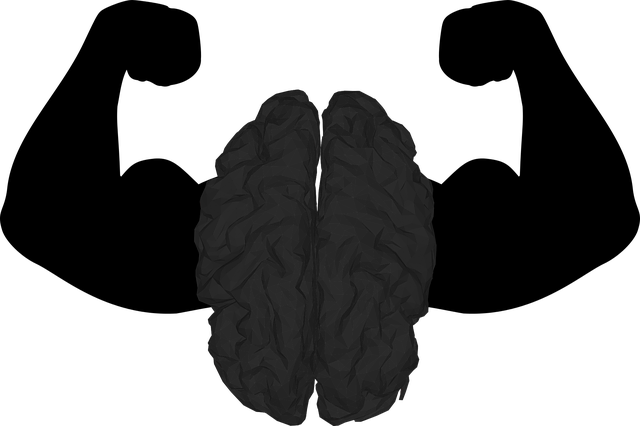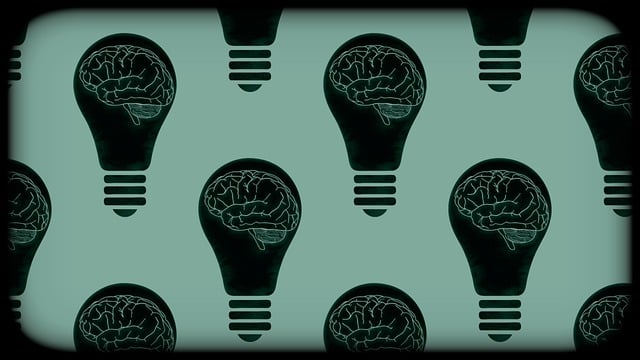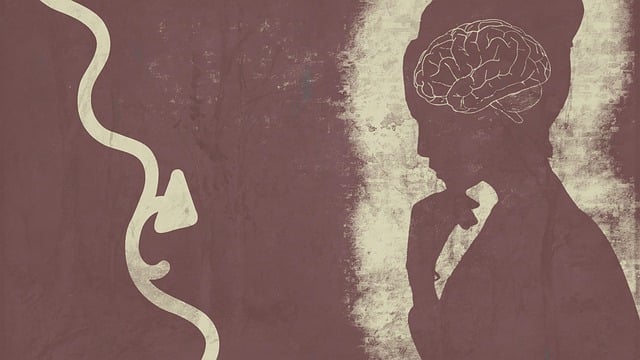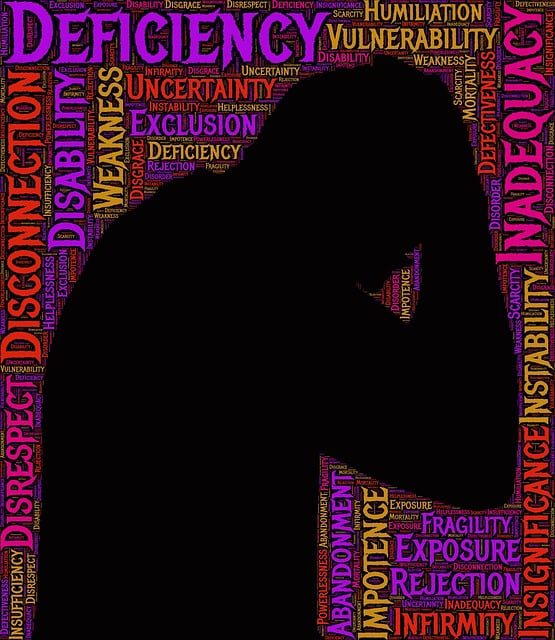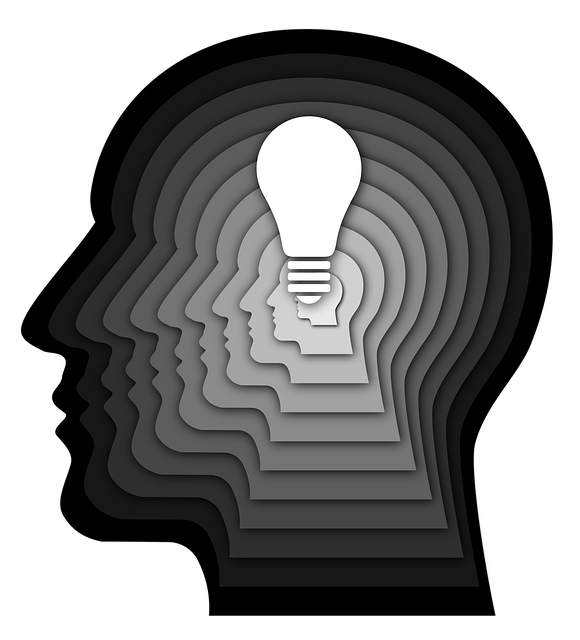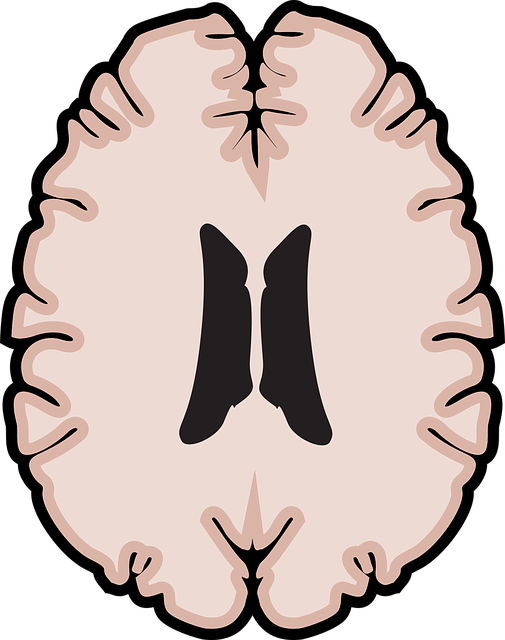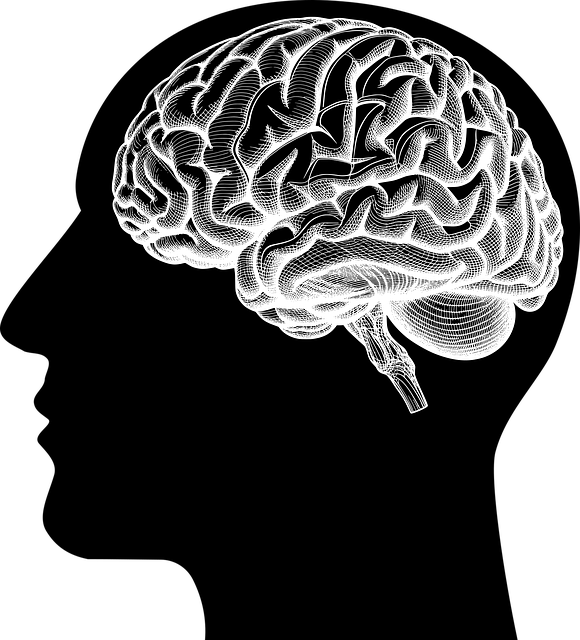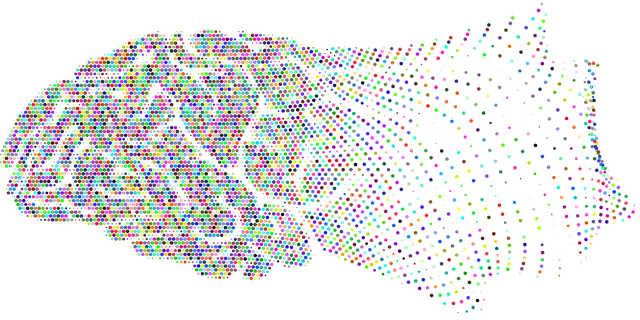Mental health is a critical aspect of healthy aging, with unique challenges like isolation and bereavement impacting elders. ASL therapy provides a culturally sensitive approach, offering tailored interventions to combat loneliness, depression, and improve quality of life. Learning ASL promotes cognitive flexibility and enhances self-care routines for seniors, contributing to independence and emotional control. Personalized therapy, incorporating ASL, facilitates communication, builds resilience, and fosters connections in an inclusive community, ultimately enhancing mental wellness for elderly individuals.
“Promoting mental wellness among elders is crucial, especially with the growing awareness of its significant impact on overall health. This article explores tailored strategies for elderly care, focusing on developing self-care routines. We delve into understanding mental wellness and its unique challenges for seniors. One innovative approach discussed is incorporating American Sign Language (ASL) as a therapeutic tool, enhancing communication and well-being. Additionally, we provide insights into crafting personalized therapy routines, ensuring optimal mental health support for this demographic.”
- Understanding Mental Wellness and Its Impact on Elders
- Incorporating American Sign Language (ASL) in Self-Care Routines
- Crafting a Personalized Therapy Routine for Optimal Elderly Care
Understanding Mental Wellness and Its Impact on Elders

Mental wellness is a crucial aspect of overall health, especially for elders in our society. As individuals age, they may face unique challenges that impact their mental well-being. These can include social isolation, reduced mobility, or even the loss of loved ones. Understanding and addressing these issues are essential to fostering positive thinking and enhancing their quality of life.
In the context of elders, therapy plays a vital role in promoting mental wellness. American Sign Language (ASL) therapists offer specialized services tailored to this demographic, incorporating cultural sensitivity and communication accessibility. By engaging in therapy, elders can develop coping strategies, improve social skills through training, and embrace mind over matter principles to combat loneliness and depression. This holistic approach ensures they receive comprehensive care that respects their individual needs and promotes a sense of belonging and purpose.
Incorporating American Sign Language (ASL) in Self-Care Routines

Incorporating American Sign Language (ASL) into self-care routines can be a profound way to enhance mental wellness, especially for older adults who may face communication barriers or have limited mobility. Beyond its primary function as a language, ASL offers a unique avenue for expression and connection that can significantly contribute to one’s overall well-being. Studies have shown that learning and practicing ASL promotes cognitive flexibility and enhances brain function, which can be particularly beneficial for seniors looking to maintain their independence and mental acuity.
For elders engaging in therapy or seeking compassion cultivation practices, ASL provides an alternative approach to build inner strength and foster self-awareness exercises. The act of signing allows them to communicate more freely, reducing frustration and promoting a sense of control over their emotional state. By integrating ASL into daily routines, seniors can connect with others in meaningful ways, engage in therapeutic conversations, and develop a stronger understanding of themselves, all while contributing to a vibrant community that values accessibility and inclusivity.
Crafting a Personalized Therapy Routine for Optimal Elderly Care

For elderly individuals, crafting a personalized therapy routine is an essential aspect of maintaining and enhancing mental wellness. As we age, our needs and preferences for self-care may shift, making it crucial to adapt our practices accordingly. Therapy for elders goes beyond traditional methods; it incorporates tailored strategies that cater to their unique experiences and challenges. American Sign Language (ASL) serves as a powerful tool in this process, enabling non-verbal communication and fostering deeper connections.
By integrating ASL into therapy sessions, professionals can improve the overall experience for elderly clients. Communication strategies such as ASL allow for increased participation and engagement, especially for those with hearing impairments or those who find verbal expression difficult. Social skills training, coupled with mindfulness meditation practices, can help seniors build resilience and cope with age-related changes. These approaches not only promote mental wellness but also enhance their overall quality of life, ensuring they remain active, connected, and at the center of their care journey.
Developing a mental wellness self-care routine, tailored to an elderly individual’s unique needs and incorporating techniques like American Sign Language (ASL) therapy, can significantly enhance their overall well-being. By understanding the impact of mental health on seniors and personalizing care routines, we can foster better communication, reduce isolation, and improve their quality of life. This holistic approach, combining ASL with tailored therapy, is a game-changer in elderly care, ensuring folks feel heard, understood, and supported in their golden years.
